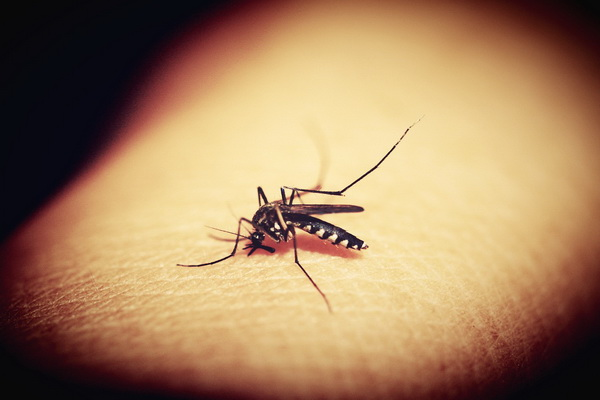13 Facts About Chikungunya That You Need To Know
Chikungunya, a viral disease carried by mosquitoes, was first described in an outbreak in southern Tanzania in 1952. The name "Chikungunya" means "to become contorted" in the local's language. It was so named to describe patients who, due to the joint pains brought on by the disease, became stooped in their appearance.
Here are 13 facts about Chikungunya that you need to know:
1. The disease is identified by an abrupt onset of fever frequently accompanied by joint pain.
2. Other common signs and symptoms include muscle pain, headache, nausea, fatigue and rash.
3. The joint pain is often crippling, but usually lasts for a few days or may be prolonged to weeks.
4. Most patients recover fully, but in some cases joint pain may persist for several months, or even years.
5. Occasional cases of eye, neurological and heart complications have been reported, as well as gastrointestinal complaints.
6. Serious complications are not common, but in older people, the disease can contribute to the cause of death.
7. Often symptoms in infected individuals are mild and the infection may go unrecognised, or be misdiagnosed in areas where dengue occurs.
8. Treatment is directed primarily at relieving the symptoms, including the joint pain using anti-pyretics, optimal analgesics and fluids since there is no specific antiviral drug treatment for chikungunya.
9. There is no commercial chikungunya vaccine.
10. Prevention and control relies heavily on reducing the number of natural and artificial water-filled container habitats that support breeding of the mosquitoes.
11. During outbreaks, insecticides may be sprayed to kill flying mosquitoes, applied to surfaces in and around containers where the mosquitoes land, and used to treat water in containers to kill the immature larvae.
12. For protection during outbreaks of chikungunya, clothing which minimises skin exposure to the day-biting vectors is advised. Repellents can be applied to exposed skin or to clothing in strict accordance with product label instructions.
13. For those who sleep during the daytime, particularly young children, or sick or older people, insecticide-treated mosquito nets afford good protection. Mosquito coils or other insecticide vaporisers may also reduce indoor biting.
Source: WHO
HealthEdge
EXCLUSIVE

Pet Vaccination, Public Awareness And Surveillance Key Towards Rabies-free Southeast Asia - Experts
KUCHING, Dec 11 (Bernama) -- The goal of making Southeast Asia free from human rabies can be achieved through a total understanding of the disease, how it can be prevented and responsible pet ownership among communities, say experts.
read more ››IN FOCUS

TAVI KAEDAH BAIK PULIH INJAP JANTUNG TANPA PEMBEDAHAN




